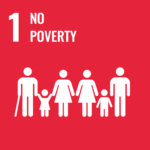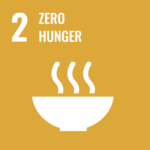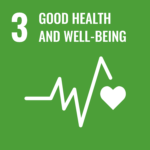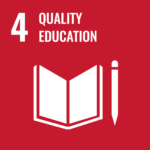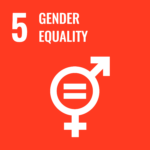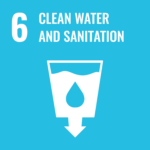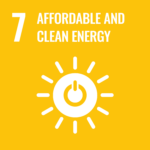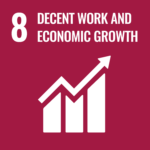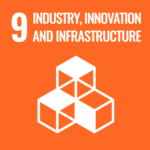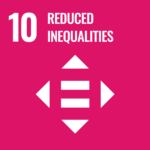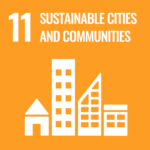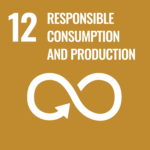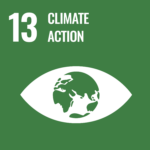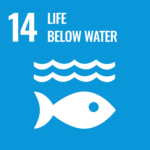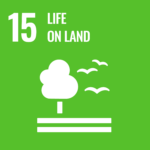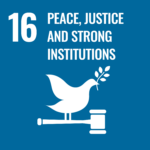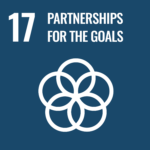10 - Reduced inequalities
Equity and gender equality after Covid19 – Lockdown violence and cashless cities under the…
Sexual violence and violence against women more broadly have surged worldwide during the Covid19 crisis. In this article Nickolas A. Kirchert asks anthropologist Atreyee Sen to assess the goal of equity and gender equality in India after Covid19
Read More...
Read More...
Thabit Jacob: Winners and losers in the green energy transition
Achieving UN’s Sustainable Development Goals (SDG) requires careful attention to the risk of potential contradictions between the individual goals. For instance, how do we make energy both clean, affordable and accessible? Tanzanian Doctoral researcher Thabit Jacob’s scholarly contribution highlights the complexities of the global green energy transition. Especially the challenges in the sub-Saharan countries where most people are living without electricity.
Read More...
Read More...
Good Gig or Bad Gig? A critical look into the phenomenon of the ‘Gig Economy’
The gig economy has emerged as a core theme to describe modern employment practices which have grown in prominence since the global financial crises in 2007-08. It is a broad term but, in its essence, it focuses upon work which generates income from the completion of short-term work. The term ‘gig’ is a slang word in which describes a job which is carried over a short period of time. The word gig can be ascribed to the sense of gig traditionally used to describe performances carried out by…
Read More...
Read More...
Uganda’s Unique Refugee-Hosting Model: Between Reciprocal Innovation and Challenges
While mixed migration to the industrialised world captures most media and political attention, the reality is that approximately 85 percent of the worlds refugees and asylum seekers are hosted in so-called developing countries. Uganda is, as a low-income nation at the size of the UK, hosting more than any other African country. Uganda, further has the world’s third largest refugee population, after Turkey and Pakistan, with more than 1.3 million refugees by September 2019, of which more than one…
Read More...
Read More...


